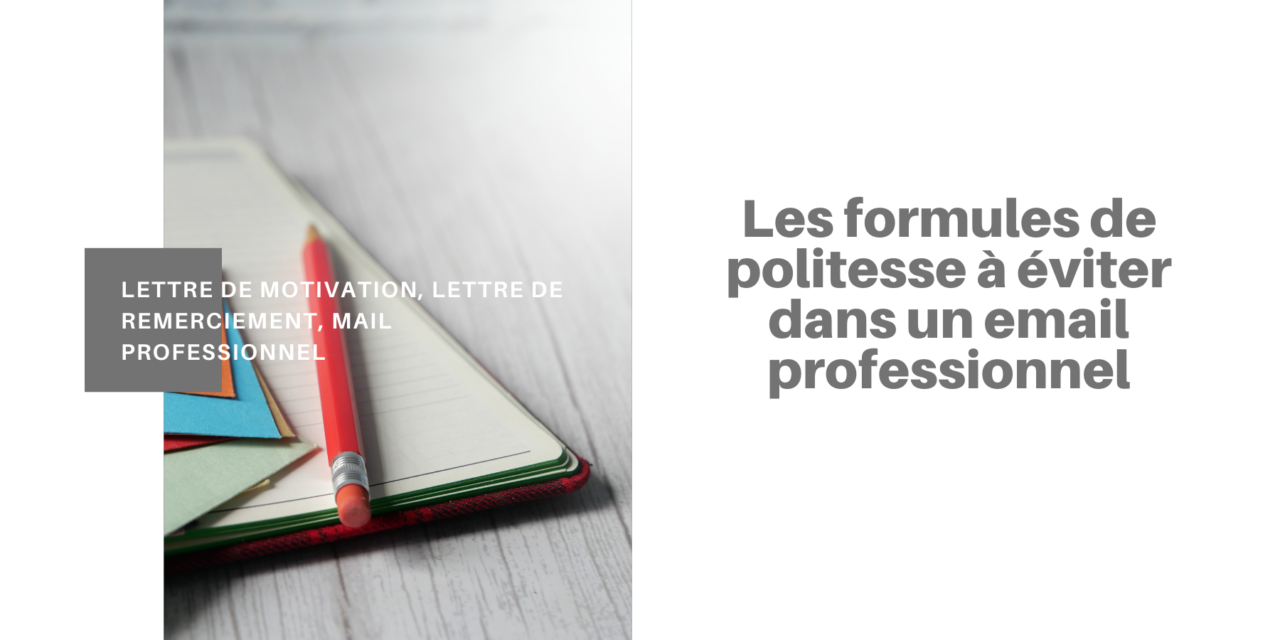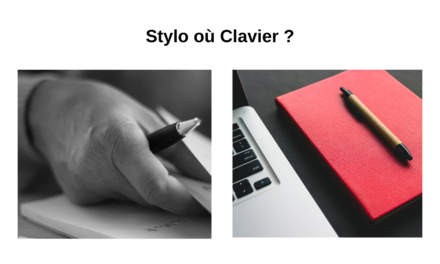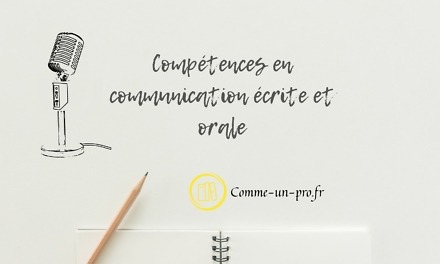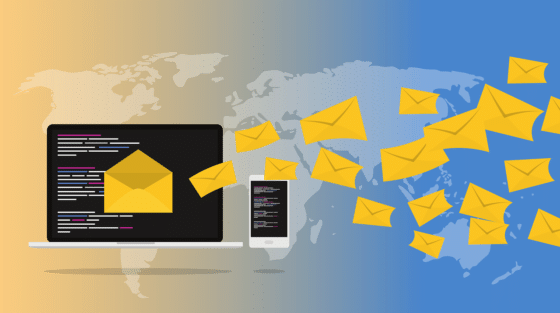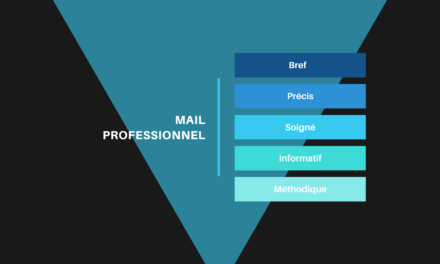Polite expressions: Some mistakes to avoid!
Cover letter, thank you letter, professional email... There are countless occasions when polite formulas are used, both in administrative letters and in professional emails. However, there are so many polite expressions to hand that include in a professional email that it can quickly become tangled. In this batch, we have identified, for you, some of them that you must banish. They are indeed counterproductive. If you want to improve the quality of your professional emails, you've come to the right place.
Please answer me or Thank you in advance: Forms of politeness to avoid
It is wrong to think that thanking a superior or a client in advance will encourage them to be favorable to our request or our request. But in reality, we only thank for a service already rendered and not future help.
Whereas you are in a professional context, each formula has its importance and the psychological impact of the words should not be neglected. The idea is indeed to generate commitment with the interlocutor. In this case, why not use the imperative?
You can use this mode while remaining polite. Instead of writing "Thank you for answering me", it is rather better to say: "Please answer me" or rather "Know that you can reach me at ...". You are sure to think that these formulas are somewhat aggressive or in a bossy tone.
And yet, these are very engaging expressions of politeness that give personality to the sender of the email in a professional environment. This contrasts with many emails that lack enthusiasm or are considered too timid.
Polite formulas with negative overtones: Why avoid them?
"Do not hesitate to contact me" or "We will be sure to get back to you". These are all polite expressions with negative overtones that it is important to ban from your professional emails.
It is true that these are positive formulas. But the fact that they are expressed in negative terms sometimes makes them counterproductive. It is indeed proven by neuroscience, our brain tends to ignore negation. Negative formulas do not push us to action and they are most of the time heavier.
So, instead of saying "Feel free to create your account", it is more preferable to use "Please create your account" or "Know that you can create your account". Several studies have indeed revealed that positive messages formulated in the negative mode generate very little conversion rate.
With the ambition to engage your correspondents in your professional emails. You will gain a lot by opting for affirmative expressions of courtesy. Your reader will feel more concerned with your exhortation or your request.

